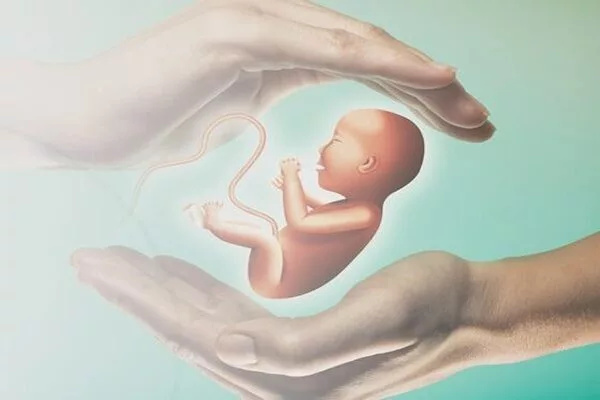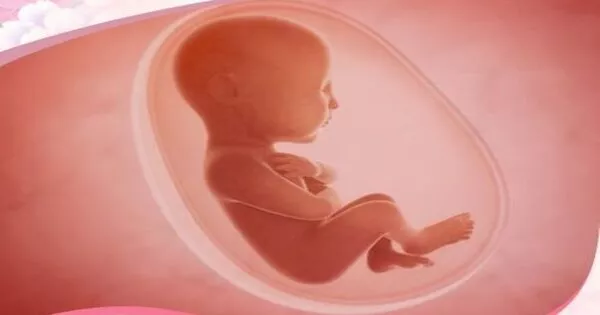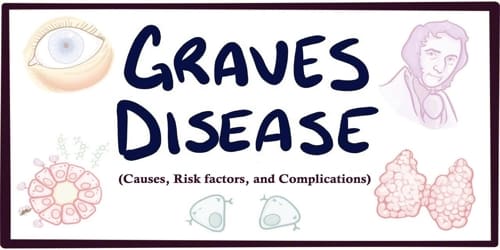Maternal stress during pregnancy can have a variety of effects on a child’s health and development. The developing fetus is sensitive to hormonal and biochemical changes caused by maternal stress, and these can affect the baby’s development both in utero and later in life.
A new study from the University of Cincinnati investigates the impact of maternal stress during pregnancy on the neurodevelopment of babies. The findings were reported in the journal Molecular Psychiatry.
Prenatal maternal stressors are linked to poor neurodevelopmental outcomes in offspring. The biological mechanisms underlying these associations are largely unknown, but DNA methylation, a chemical reaction in the body in which a small molecule known as a methyl group is added to DNA, is thought to play a role. These findings may shed light on how the fetal environment influences not only neurodevelopment but also metabolism and immunologic functions.
Our study is the first to look at such a large sample size and examine the entire epigenome, so it’s not just looking at the stress control genes as in previous studies, it’s looking at all the epigenomic sites available right now that you can study.
Anna Ruehlmann
According to Anna Ruehlmann, a postdoctoral fellow in the Department of Environmental and Public Health Sciences in the UC College of Medicine and lead author of the study, more than 5,500 people participated in the study, which was divided into 12 separate cohorts.
“Our study is the first to look at such a large sample size and examine the entire epigenome, so it’s not just looking at the stress control genes as in previous studies, it’s looking at all the epigenomic sites available right now that you can study,” she says.
The study looks at five distinct types of stress that expectant mothers face during their pregnancy. They are financial stress, conflict with a partner, conflict with a family member or friend, abuse (including physical, emotional, and mental abuse), and death of a friend or relative, as well as a cumulative score that combines all of the categories.
“We found that when mom experienced a cumulative amount of stress during pregnancy, there was, in fact, an association with DNA methylation in umbilical cord blood, which is a kind of epigenetic modification in the baby that’s developing in the womb,” said Ruehlmann.

“An epigenetic modification is something that doesn’t change the sequence of the DNA, however, the DNA is modified which is something that’s dynamic and can change in response to environmental exposures. Therefore, it’s something that can be turned on or off later in the child’s life or something that can maybe not do anything, it’s still unknown. It’s thought to be a mechanism of gene expression control.”
Ruehlmann says another unknown is how this process impacts children once they are born.
“We found five specific locations of DNA methylation with three different maternal stressors during pregnancy,” she says. “One was cumulative stress and the stressor-specific domains of conflict with family/friends, abuse (physical, sexual, and emotional), and death of a close friend/relative that were associated with DNA methylation in the developing fetus. These were occurring in genes that have been shown to be involved in neurodevelopment. The next steps are to do some functional analyses to see how these genes really work and how the DNA methylation affects their expression.”
Ruehlmann describes the procedure as a massive puzzle.
“Epigenetic modifications are a very dynamic process, there are a lot of changes that can happen in response to environmental factors,” she said. “What you see biologically at the beginning of fetal development may not be seen as an outcome until later in a child’s development.” As a biologist, it’s fascinating to start uncovering some of the biological clues to how neurodevelopment is affected during fetal development. There are many puzzle pieces that have yet to be connected. It’s a lot of fun.”
















